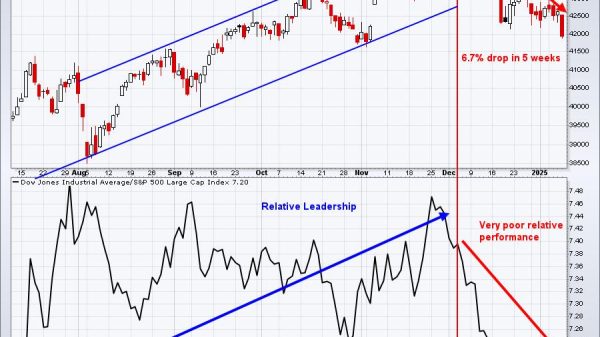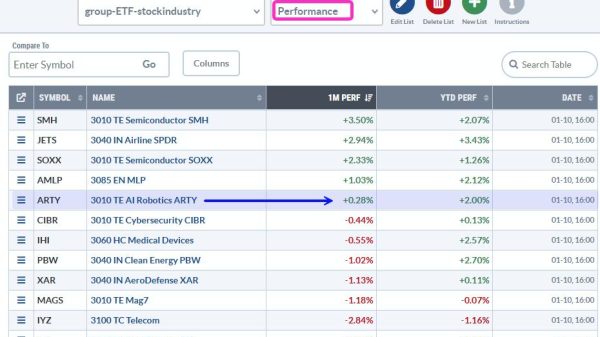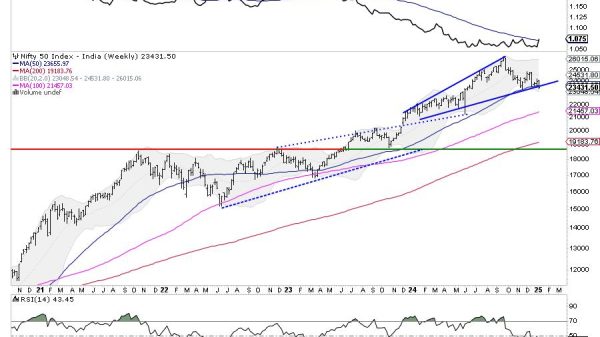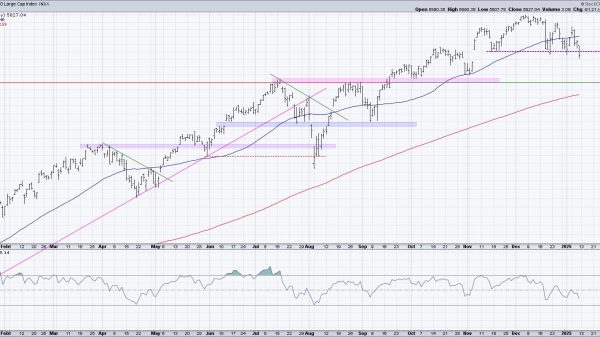Government proposals to streamline the research and development (R&D) tax relief system have been called into question by top 10 accountancy firm Azets.
The plans would mean merging the two current schemes and potentially revamping permissible qualifying activity and claimant criteria.
A consultation on the proposals by HM Treasury and HM Revenue & Customs concluded last month, with a new scheme could be set to be implemented by perhaps as early next April.
Azets, the UK’s largest regional accountancy and specialist business advisor to SMEs, surveyed 42,000 client businesses as part of its response to the proposals.
Just 12.8% of respondents thought the proposals for a single scheme to be positive, 51.3% considered it negative and 35.9% were undecided as to its potential impact.
Tim Croft, Azets’ National Head of R&D Tax, has written to the Government detailing the results of these two surveys and adding the firm’s own technical queries.
He said: “The reason we sent in the letter was severalfold. We are a significant player in this field of tax advice and we should let the Government know our own thoughts. We have a voice that should be listened to.
“Also, because we are the largest firm in the country with access to the SME market, we went out to our SME client base and polled them to garner their important opinions. Their feedback is important.”
Tim added: “We did two surveys to 42,000 clients – and most respondents agreed that a single scheme was desirable but, as proposed, would be to the detriment of the SME community. Simplification of process and clarification of qualifying expenditure were the main attractions of a single scheme.
“However, almost everybody who replied or we spoke to said this was actually going sideways around the issue and minimising even further what the small companies scheme looks like.
“It is great news for simplification, speed and processing, but we need some better guidance on what is allowable because at the moment it is massively subjective – very much dependant on how each tax inspector determines what is in front of them.
“To be effective in its primary purpose of encouraging innovation, any single scheme needs absolute clarity on permissible qualifying activity, clear compliance guidance on claimant criteria, sufficiently attractive financial reward to both encourage claims and avoid overseas migration and be simplistic to administer.
“There is some doubt as to whether what is currently proposed will achieve this. It is hugely frustrating. The scheme needs to be set out in a better way than the Government is proposing.
“It is unlikely that the scheme, as it is described, will encourage the SME market to innovate. That 74% of Innovate UK funding is awarded to SMEs demonstrates that, in a competitive environment (which the Innovate UK application process largely is), SMEs are deemed to be undertaking crucial R&D activities.
“The proposed scheme is skewed towards the existing RDEC scheme, and the overall approach appears to be to penalise SMEs due to the actions of a minority in abusing the system.”
He also warned that a less attractive scheme might lead to a talent drain to the near continent where businesses might enjoy better trading conditions.
The current R&D tax credits system goes back to 2000 when the European Union, concerned that innovation was being lost to other continents, established what is now known as the SME Scheme, deliberately aimed at small to medium sized companies.
In the UK large companies lobbied the Government heavily for a second scheme. This led to the formation of the large company scheme in 2002, which has been through a number of iterations over the intervening years and is known as the RDEC (Research and Development expenditure credit) scheme.
Accounting for the two schemes has remained completely different. In the SME scheme all adjustments are made on the Corporation Tax return, with very little, if any, disclosure in the accounts whatsoever or note to say that innovation is taking place.
If claims are successful it appears as a credit in the tax part of the profit/loss account and it is not taxed in any way. Anything can be done with that money, not just innovation, leaving it open to abuse.
The RDEC scheme works in a different way – above the line, the RDEC is calculated as a percentage of a company’s qualifying R&D expenditure and is taxable as trading income.
Following Brexit the Government found itself having to fund the SME scheme which previously didn’t fully impact on the UK Treasury.
The decision to implement a single scheme was also made against a background of slowing UK productivity since the global financial crisis which was exacerbated by the pandemic and war in Ukraine.
Over 50 years, innovation, broadly defined as multifactor productivity, drove around half of the UK’s productivity growth, but the rate of increase has slowed considerably, more so than other countries, particularly the USA.
The Government’s last Autumn and Spring statements have more closely aligned the generosities of the two R&D tax relief schemes, helping with the case for a simpler scheme.
Read more:
R&D tax reliefs revamp questioned























